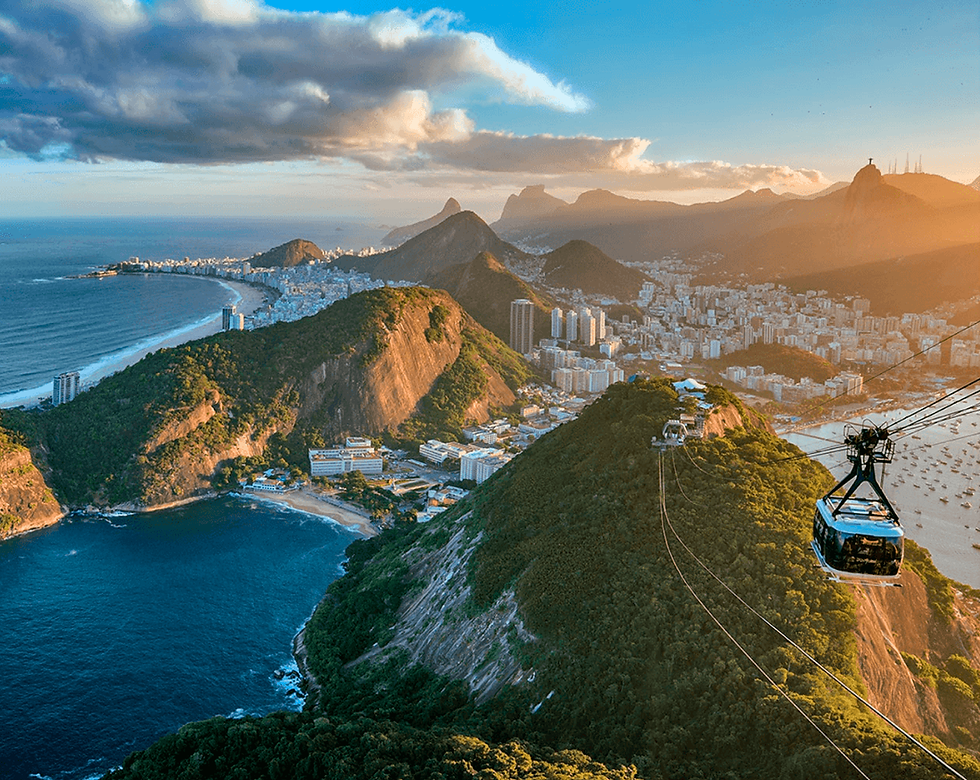WHY NOT FEED THE ANIMALS?
- guiarodrigoindio
- Apr 4
- 3 min read
Updated: Jun 5

The animals that live in the park are wild — they live freely, following the natural food chain and maintaining ecological balance. When fed with food they wouldn’t normally find in nature, their natural habits are disrupted, putting their survival at risk. They may consume unsuitable, contaminated, or harmful substances, which can impair their digestion and overall health.
Feeding wild animals can also lead to overpopulation of certain species at the expense of others, creating imbalances in the local ecosystem. This may even cause animals to leave their natural habitats. Providing food to wild animals without the authorization of the responsible environmental authority is considered mistreatment and is prohibited in public areas, private properties, and Conservation Units.
Attempting to touch or feed wild animals can also lead to attacks and the transmission of diseases such as malaria, yellow fever, and various unknown viruses. Additionally, feeding wildlife discourages them from seeking out their own food, which is essential for their survival and natural behavior.
There are no exceptions — the rule applies to all wild animals.This habit causes animals to lose their survival skills, as eating what humans offer requires no effort. Furthermore, inappropriate food can disrupt their metabolism and harm their health.

To get closer to animals, people often feel tempted to offer candy, chocolate, popcorn, and other tasty foods high in sugars, salts, and fats — which, when consumed in excess, can cause health problems even in humans.In nature, the effects are even more serious, as wild animals don’t brush their teeth and are not protected from illnesses such as diabetes, high cholesterol, and hypertension, which are difficult to manage and treat without veterinary care.
Do Not Feed the Animals
When visiting trails, parks, and natural areas, it is essential to remember that wild animals should not be fed.This practice, although it may seem harmless or affectionate, causes serious harm to both wildlife and the environment.
Why shouldn’t we feed wild animals?
It harms the animals' health:Processed foods like bread, cookies, and human leftovers are completely unsuitable for wild animals. They can cause diseases, malnutrition, and even death.
It changes their natural behavior:When animals receive food from visitors, they stop looking for food on their own, becoming dependent and more vulnerable.
It increases the risk of accidents and aggression:Animals may approach people too closely, become aggressive in search of food, or even cause accidents.
It disrupts environmental balance:The uncontrolled growth of certain species can throw ecosystems off balance, harming other species and the local biodiversity.
It poses risks to human health:Close contact with wildlife can lead to the spread of zoonotic diseases — illnesses that can be transmitted from animals to humans.

Feeding Wild Animals Is Also Against the Law
In addition, feeding wild animals is prohibited by law in conservation units and protected areas, and violators may be subject to fines and penalties.
What You Can Do:
Take your trash and leftover food with you.
Observe and photograph animals from a distance, without interfering with their natural behavior.
Educate friends and other visitors about the risks and the importance of protecting wildlife.
Practice responsible tourism and help preserve the natural environments you visit.
Respect Nature. Protect Life.
The balance of the environment depends on small actions from each of us. Let’s work together to protect the wildlife and natural beauty of Rio de Janeiro, and of every place we explore!
Did You Like These Tips?
Here at the Rodrigo Índio Tours Blog, our mission is to inspire you to live authentic experiences, filled with adventure, culture, and connection with nature — in Rio de Janeiro and beyond.
If you want to turn your trip into something truly unforgettable, come discover our guided tours, hiking trails, cultural experiences, and expeditions!






Comments